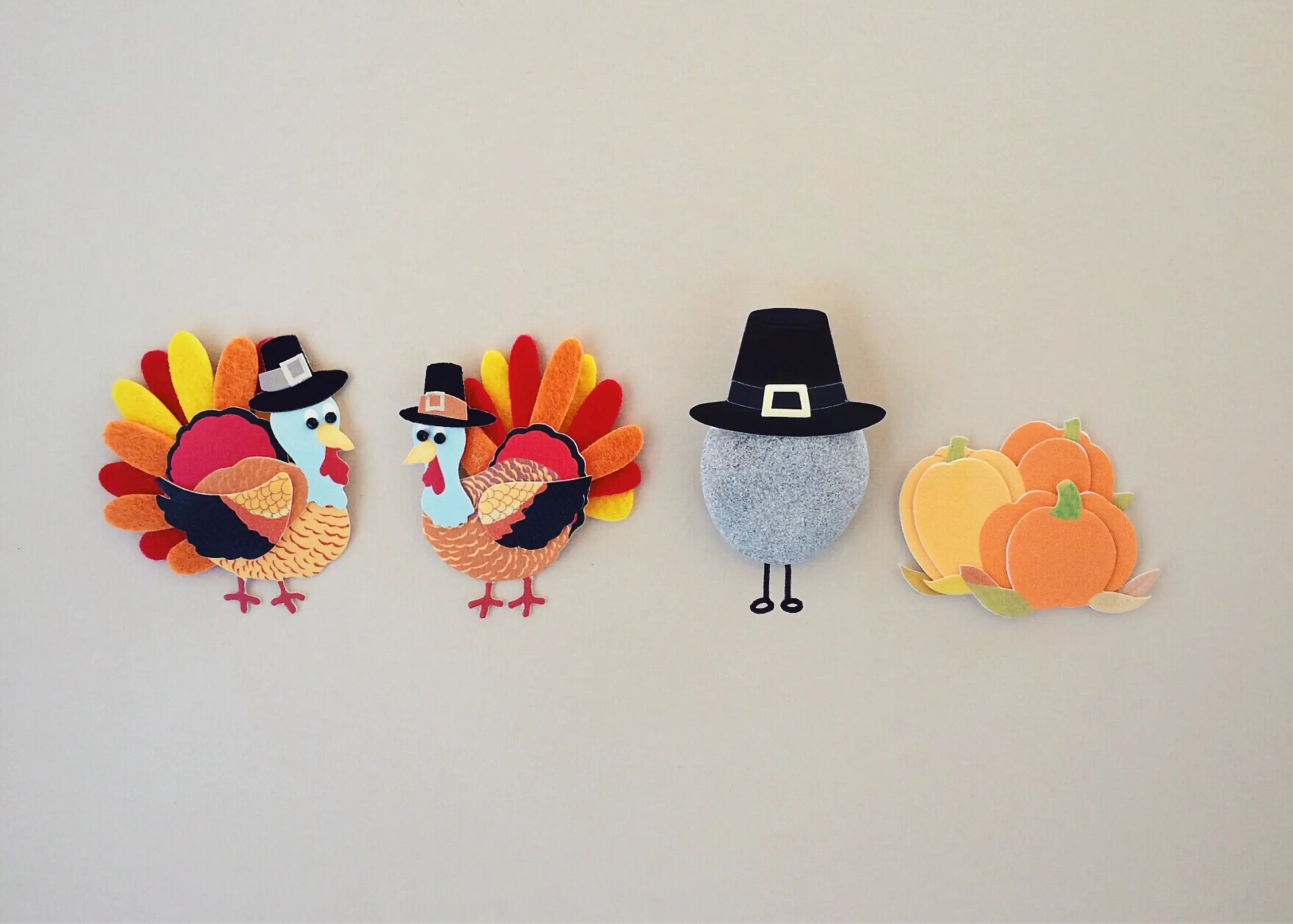Thanksgiving Day is a time to celebrate what you are thankful for with friends, family and of course to devour some amazing food! Unfortunately, it can also be a time of fires, slips, falls, or even food poisoning!
Nobody would ever want their perfectly planned Thanksgiving to result in disaster, but it does happen and unless you are properly protected by homeowners insurance, Thanksgiving could end up costing much more than the price of a turkey and fixings.
All Fried Up
One of the biggest dangers for Thanksgiving cooks is a turkey fryer. Fryers result in about 1,000 emergency fire calls each year, causing $15 million in damage. In fact, Thanksgiving is so fire-prone it grabs the number one spot for kitchen fires, with Christmas day coming in at number two. Here are a few tips about fryer safety:
- Always use a turkey fryer outdoors on a flat surface. Make sure it is away from structures, wooden decks, and covered patios. Never use a fryer in a garage.
- Have a fire extinguisher nearby and ready to use.
- Never leave the fryer unattended. Monitor the temperature of the oil with a thermometer to prevent the oil from overheating and catching fire.
- Make sure the turkey is completely thawed to prevent a fire.
- Always keep children and pets away from the fryer to prevent tipping.
Fires can quickly become out of control causing damage to your home. You should always call in the professionals if you have a fire. Over half of reported non-fatal home cooking fire injuries occurred when the victims tried to fight the fire themselves.
When buying homeowners insurance, you should get enough dwelling coverage to match the full replacement cost of your home. The cost to repair damage to your home or rebuild it completely at equal quality – at current prices – is the replacement cost.
Dwelling coverage not only protects your home, but it also extends to your garage, sheds and any other outbuildings on your property. So if you manage to burn down a detached garage with a turkey fryer or kitchen fire, you should be covered.
Another component of your homeowner’s insurance may also be called into service if someone is injured on your property. Your liability coverage will help pay the medical bills if your turkey fire causes injury to a guest or neighbor.
Turkey Poisoning
In the unhappy event your guests experience symptoms of food poisoning after your meal or if you over-serve alcohol to someone who gets behind the wheel, you could end up being held liable for any medical bills or even repair costs!
Tips for Food Safety:
Thaw your turkey: Thaw turkeys in the refrigerator, in a sink of cold water that is changed every 30 minutes, or in the microwave. Never thaw your turkey by leaving it out on the counter. If a turkey is left out at room temperature for more than two hours, it can end up in the temperature danger zone between 40 degrees and 140 degrees Fahrenheit, where bacteria can grow rapidly.
Stuff your turkey: Cooking stuffing in a casserole dish makes it easy to ensure it is thoroughly cooked. If you put stuffing in the turkey, do so just before cooking. Use a food thermometer to make sure the stuffing’s center reaches 165 Fahrenheit. Bacteria can survive in stuffing that has not reached 165 degrees Fahrenheit and may cause food poisoning.
Cook your turkey: Set the oven temperature to at least 325 Fahrenheit. Place the completely thawed turkey with the breast side up in a roasting pan that is 2 to 2 ½ inches deep. Make sure the turkey has reached a safe internal temperature of 165 by inserting a food thermometer into the center of the stuffing and the thickest portions of the breast, thigh, and wing joint.
Leftovers: Leftovers can be dangerous. It is the second most common bacterial cause of food poisoning. In other words, get your leftovers in the fridge as soon as possible.
Take extra precautions to keep you, your family and guests safe this holiday season. Follow these tips to ensure that your Thanksgiving is filled with happiness and cheer, not hospital trips and visits from your local fire department!




